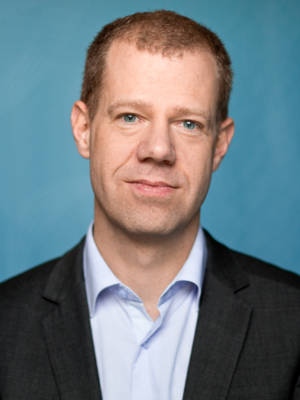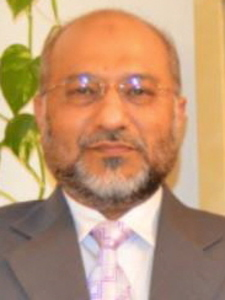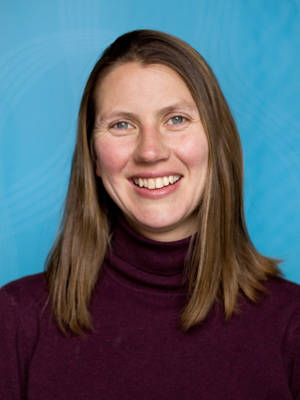Money and finance have been regarded as major moral problems in all the world religions. The past few decades have seen a revival in Islamic thinking about banking and finance. Some Muslims believe that modern banks are usurious and immoral and they work to create Islamic banks as an alternative.
While Islamic banking is big in the Middle East and Southeast Asia it has had little success in the West so far.
The research project FINEX is designed to find out to what extent Islamic norms about money and finance result in the exclusion of Muslims from the financial system in the four Nordic countries of Norway, Sweden, Denmark and Finland.
Such financial exclusion could have potential consequences for the economic integration and the wellbeing of a significant number of people. For instance, we believe that some Muslims may experience disadvantages in the housing market because they avoid bank loans.
FINEX will combine several types of data and methods to explore this mechanism of exclusion and we will fill an important gap in the knowledge about the economic inclusion of migrants. We will use four types of data.
- we will carry out a survey among Muslims across the four Nordic countries,
- we will use existing register data from national statisticial bureaus,
- we will use data from banks, and
- we will collect qualitative data through interviews and focus groups.
Four workpackages are organized around the four types of data to be used, while a fifth workpackage is devoted to bringing the data and their interpretation together in 8-10 academic articles in peer-reviewed journals and in several other policy-relevant forms of dissemination.
We cooperate with Muslim organizations and communities across the Nordic countries in our research and we also hope to involve financial regulators and politicians in debates about our results.
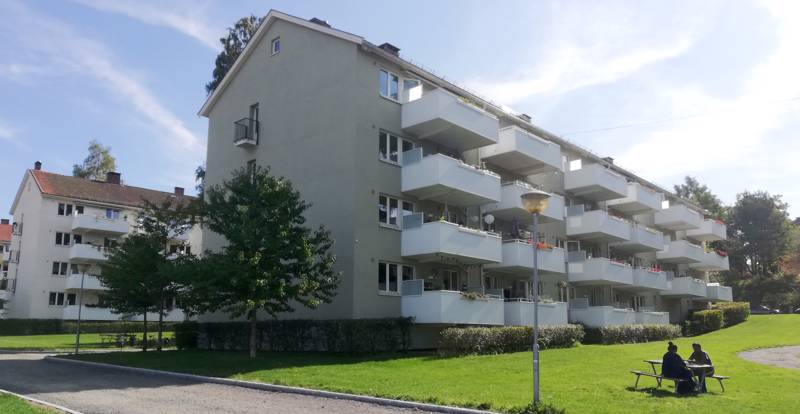
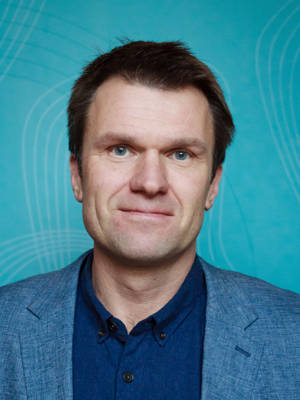
.jpg?x=300&y=400&m=Cover&)
.jpg?x=300&y=400&m=Cover&)
